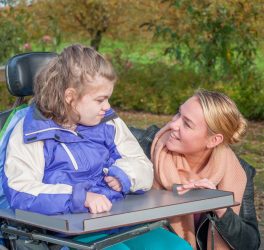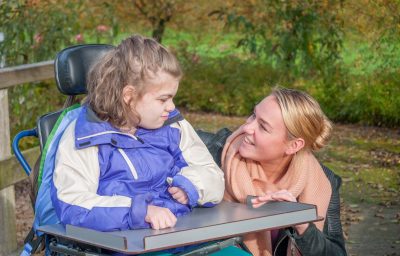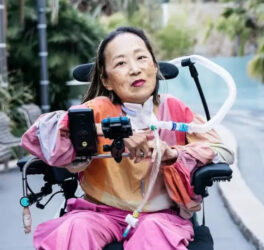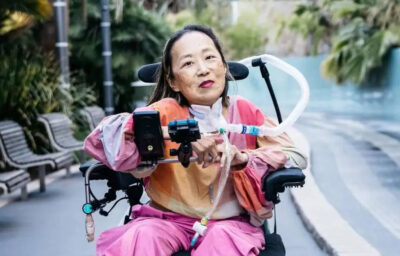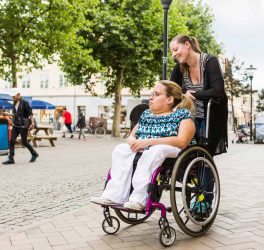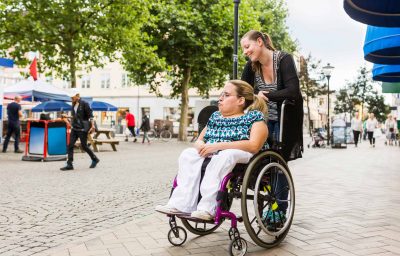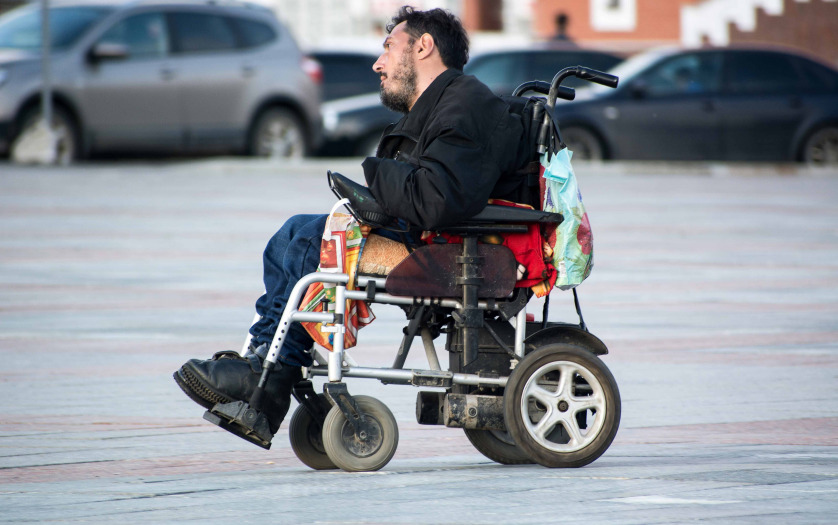
The number of people with disabilities in Virginia who struggle to afford the basics is far higher than federal poverty data indicates – 15% compared to 50% – according to a new report from Rappahannock United Way and its research partner United For ALICE.
In 2019, while 15% of residents with disabilities were deemed in poverty, 35% — more than twice as many — were ALICE (Asset Limited, Income Constrained, Employed). ALICE households earn more than the Federal Poverty Level but less than what it costs to live and work in the modern economy. Combined, 50% of Virginia residents living with disabilities were below the ALICE Threshold, with income that doesn’t meet the basic costs of housing, child care, health care, transportation, and a smartphone plan.
“On the 32nd anniversary of the Americans with Disabilities Act, we see that residents with physical, mental or emotional conditions who are struggling financially are not only being undercounted but underserved,” said United For ALICE National Director Stephanie Hoopes, Ph.D. “There is still work to do as having a disability puts individuals at substantial risk for financial instability, more than many other factors. Daily, and even more so during the COVID- 19 pandemic, these individuals face barriers to accessing quality education, secure jobs, and critical supports.”
The ALICE in Focus: People With Disabilities report and interactive tools reveal that during the pandemic, people with disabilities below the ALICE Threshold were three times more likely to be anxious than those without disabilities.
The new research also shows that outdated federal guidelines prevent the majority of residents with disabilities who are living in financial hardship from accessing critical public assistance. According to the new report, a staggering 85% of residents with disabilities below the ALICE Threshold did not receive Supplemental Security Income (SSI). The program requires that recipients have income below the poverty level, be unable to work, have a “severe” impairment, and have less than $2,000 in their bank accounts, $3,000 if they are a married couple.
“Income eligibility requirements for SSI haven’t been updated in nearly four decades, which is one of the big reasons why more than 422,606 residents were shut out of receiving a much- needed financial lifeline,” said Rappahannock United Way Chief Impact Officer, Sarah Walsh. “By using data that takes into account the true cost of living — we can establish critical supports that help those who need it the most.”
Other findings from ALICE in Focus: People With Disabilities include:
- Black and Hispanic residents with disabilities — 62% — disproportionately experienced
financial hardship compared to 45% of white people with disabilities.
- Females with disabilities struggled more to afford the basics — 13% — compared to 12% of males with disabilities.
- Virginia saw 32% of residents with disabilities below the ALICE Threshold spend 35% or more of their income on their mortgage, plus utilities, taxes, and insurance.
- Whether working full or part-time, people with disabilities were more likely to be living paycheck to paycheck than those without disabilities: 27% of full-time workers with disabilities were below the ALICE Threshold compared to 22% of full-time workers without disabilities.
Hoopes also pointed out that rates of hardship are likely even higher as data is not available for individuals living in nursing homes, correctional facilities, and other group settings.
For more information, go to UnitedForALICE.org/Focus-Disabilities.



